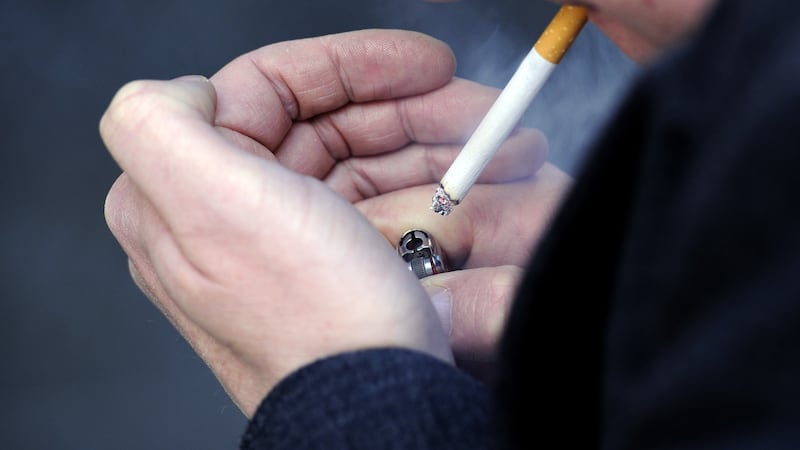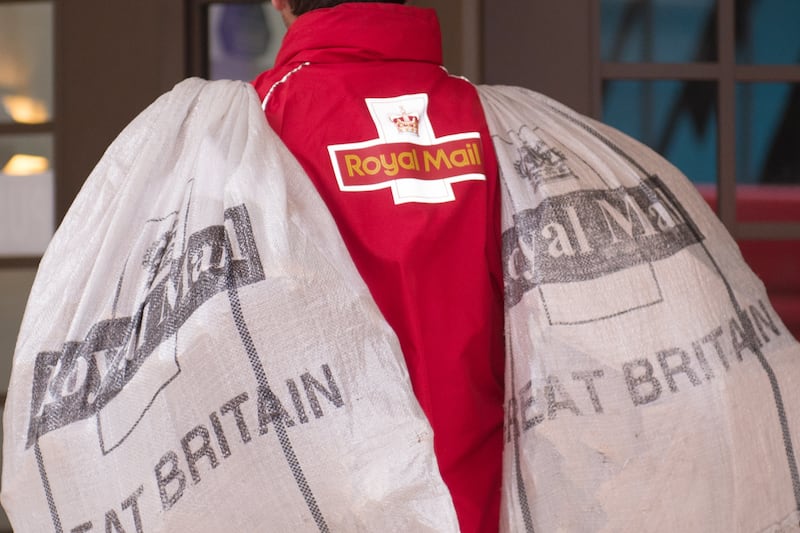There’s a huge problem with discipline in our schools. It’s bad in England and I have reason to believe that the problem is every bit as bad here, if not worse, given a transfer test at 11 which punishes children for being poor and the high concentrations of poverty which this leads to in too many of our secondary schools.
Ofsted published a report in 2013, ‘Below the radar: low level disruption in the Country’s classrooms’. Ofsted found that up to an hour of learning was being lost every day. That’s a staggering 38 days per pupil per year. According to a report published by the teaching union NAS/UWT, ‘Tackling pupil Indiscipline’ 78 per cent of teachers surveyed here in Northern Ireland believed that there is a widespread problem with pupil behaviour. 80 per cent believe that there is an issue of low level disruptive behaviour among the pupils they teach. 79 per cent have been subject to verbal abuse and 24 per cent threatened with physical violence over the last 12 months. Teachers are stressed out and feel powerless. They cannot teach and pupils cannot learn in this type of toxic environment. Recently I was speaking to an experienced secondary school teacher and asked her how they coped with all this disruption and she said ‘We’re just expected to suck it up’. And the pupils who suffer the most in these environments are those who are already the most disadvantaged. The pupils who come from turbulent or unstable homes where consistency, routine or high expectations are in short supply. So the pupils who most need the routine and structure that a good school offers are the least likely to attend such a school. They are forced to attend schools where they just get more of the same chaos that they encounter outside the school gates.
Jim Curran
Downpatrick
Archbishop has absolute duty to remind flock of teachings
Bill Tormey, (September 13) was illogical when he said that the Archbishop of Armagh was wrong to remind Catholic politicians of their duty in relation to abortion. If they truly are Catholics then they should be reminded to oppose it at every opportunity. The archbishop would be failing his flock and the holocaust of dead children if he did not emphasise the church's fundamental teaching on the matter.
What has happened in the south in relation to abortion only makes the archbishop's words more relevant. Bill promotes a further myth when he suggests religion as the root cause of war in the world. An example is the devastation in the middle east where the champions of western democracy ie the US and Britain, have been responsible for hundreds of thousands of deaths. Like most wars, it is the pursuit of power and resources that is at the heart of conflict; religion is simply used as one more pawn in man's greedy pursuit of the goods of others. The first world war was a squabble among colonial pirates. The second world war the result of a secular movement of fanatics that sought to impose their brand of right-wing humanism on the world. Communism sought (and seeks) to produce a secular paradise by killing millions of its citizens. People espousing religion as an excuse for killing their neighbours are certainly evil, but it is the atheists who have turned death into an industrial process.
Gerard Herdman
Belfast 11
No Stormont exacerbates plight of North West
It is almost coming up to the three year anniversary of having no Stormont in place, no functioning Executive and no ministers to make important decisions. I believe this has done nothing but worsen the conditions faced by everyone in the north west. In the past three years we’ve seen avoidable legal challenges to the important A5 road project. A project that will save countless lives, open up investment and increase connectivity. We’ve seen no Stormont intervention on establishing a medical school in the north west in an attempt to alleviate chronic shortages of doctors and large waiting lists here. We’ve also seen rural farmers and businesses being devastated by flooding and not a single penny given directly to them.
Next year so-called welfare ‘mitigations’ run out and that will be a further blow for the vulnerable, poor and those struggling on low incomes. Strabane and Derry have consistently topped the charts in terms of deprivation, child poverty and unemployment where these cuts will hit hardest. Further to that, we have a systemic mental ill-health and suicide epidemics with little to no meaningful investment coming from Stormont departments.
Many people think plodding along with no Stormont has little impact on their lives. But I ask them to think of the above and think what could be done. We need compromise, we need goodwill and importantly we need trust among our politicians and political parties. The only way to achieve that is to genuinely put people before politics.
Steven Edwards
Strabane
Lifting of ban on blood donations is welcome news
With the understandable focus of late on all things Brexit, it’s no surprise that last week a significant announcement went by and large overlooked by political and media life here.
In some positive news, the Irish Blood Transfusion Service (IBTS) in the south announced that a ban on blood donations from people who were resident in the north or in Britain for a year or more between the years 1980-1996 was to be lifted. The ban was in effect from 2004 and related to the vCJD/BSE crisis. There is no doubt that in order to protect the blood supply, the government and IBTS had to adhere to the strictest of scientific guidelines when assessing this matter; but given the passage of time since the vCJD crisis and the demonstrable need for additional blood donations, the ban warranted a reassessment.
When the ban came into effect first, it meant an initial loss of ten thousand people from the blood donation register in the south and prevented a further broad range of people within society from donating much-needed blood.
The need for a review and reconsideration of the decision was something I raised in the Seanad under ‘Commencement Matters’ several times.
Given the nature of life across the entirety of Ireland, it is positive that the block on donations from the people impacted upon has been overturned and in welcoming it, I would encourage people, if they were affected by the ban or not, to now consider becoming blood donors and would continue to commend the IBTS in following their commitment to strict scientific monitoring and supervision of the blood supply.
Seanadóir Niall Ó Donnghaile
East Belfast







